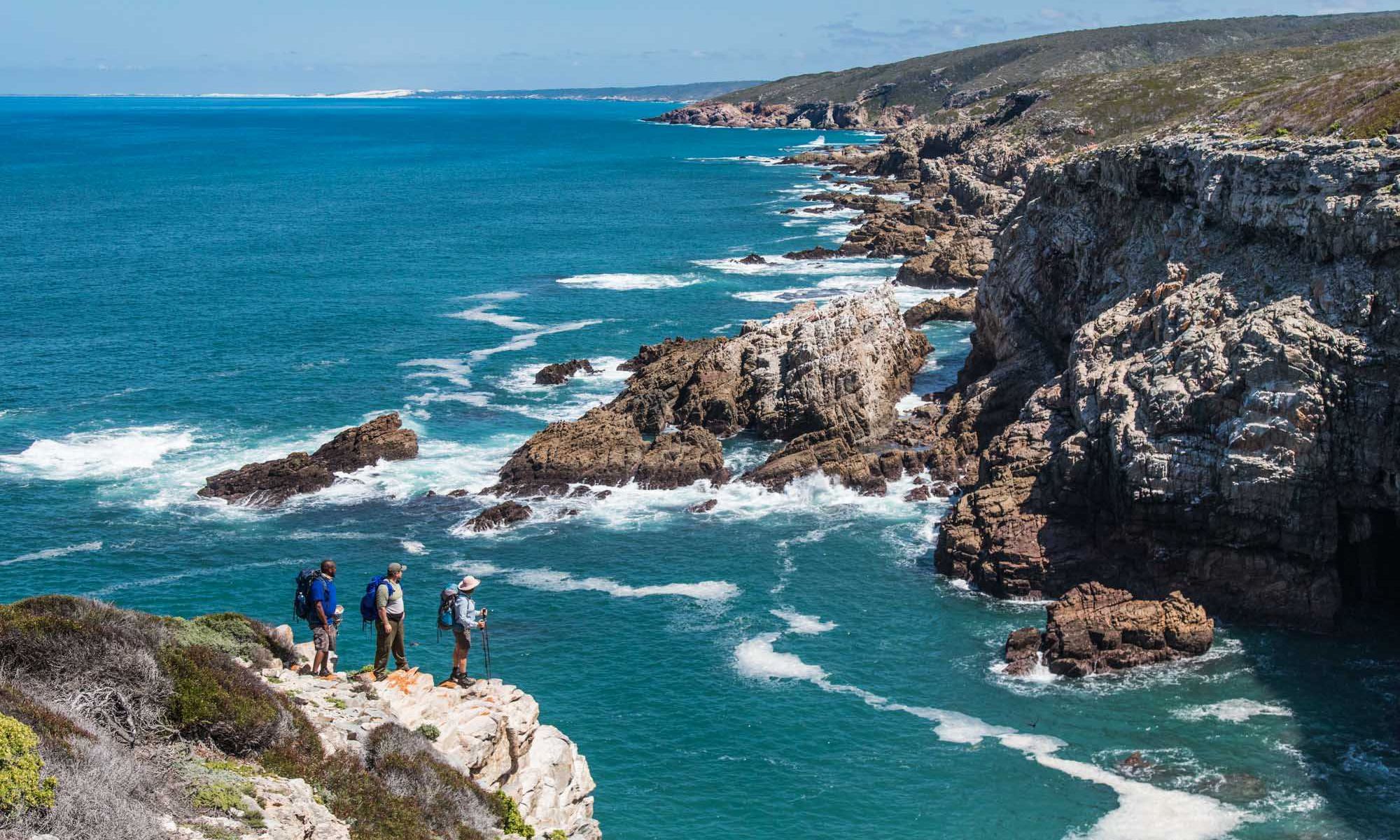Changing the Waves of Waste #DontBeTrashy
The Catchment to Coast concept looks at the natural ecosystem as interrelated, telling us that there is a constant flow of water from the mountains through to the rivers, wetlands and ultimately the ocean. The freshwater from the catchment areas in the mountains bring essential nutrients into estuaries that are vital for ecosystem functioning. Unfortunately, along with the vital nutrients there is also a continuous flow of waste, in particular, plastic waste. It is estimated that almost 80% of ocean plastic pollution originates from sewers and rivers. This plastic waste not only impacts fish species but is proven to have a very negative effect on coastal life and seabirds, as they ingest the plastics.
Informal settlements which are located close to riverbanks is also cause for great concern. Due to poor waste infrastructure and illegal dumping sites, single-use plastic waste finds its way into the rivers and the ocean, where it has a detrimental effect on the marine environment.
On the Berg Estuary specifically, where nursery fish has an estimated value of R9 million, current pollution in the Berg River catchment, which is located more than 200 kilometres from the estuary, threatens the fisheries and tourism livelihoods, not only on the West Coast, but also surrounding areas, as the nursery fish move out along the coastline.
The impact of plastic waste is likely to increase with the predicted increases in population growth in South Africa. However, you can do your part to help reduce the impact of plastic pollution and waste on the natural environment by joining the DontBeTrashy Drive during the month of September 2022.
CapeNature will be hosting a series of clean-up events as part of their annual #Don’tBeTrashy Drive. Harnessing the power of the people, the entity calls on communities across the Western Cape to get involved this September and participate in local waste collection activities.
The #DontBeTrashy Drive is part of the broader #Don’tBeTrashy Movement, which is essentially a waste reduction and responsible waste management campaign. The main objective is to address the impact that waste has on our environment and instil a shift in the way that people manage and think about this issue. Clean-ups serve a dual purpose in that they rid the environment of unwanted waste as well as allow participants to experience the waste issue first hand and rethink their own waste habits. Clean-ups are undertaken in an educational manner aiming to effect behavioural change.
Should you want to arrange your own clean up, please contact CapeNature who will provide garbage bags and functional prizes to support your event. Alternatively, join a CapeNature planned event. The #Don’tBeTrashy Drive will incorporate calendar days such as National Clean-Up Day, International Coastal Clean-Up Day and Recycle Week observed in September.
There is also infographics and posters available for schools and pop-up bins and bags for events. For more information email learning@capenature.co.za.
Remember: Next time you walk down the street and see plastic litter, imagine the journey it will take to our oceans. Do the right thing and put it in a nearby refuse bin.
Related News
How can I assist you today?
How can I assist you today?



